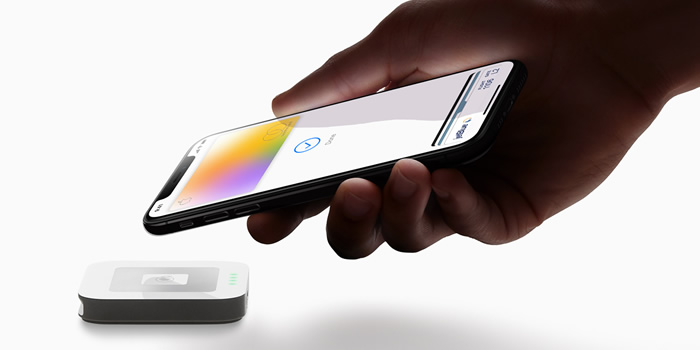
There seems to be a never-ending game of cat and mouse going on between credit card companies and fraudsters. Technology keeps evolving to keep your credit card protected. In an effort to stay one step ahead of the “bad guys,” MasterCard is testing out a new security feature on its credit cards.
Chip and PIN move over, there’s a new security feature in town. MasterCard is mixing biometrics with plastic. In its new credit cards, they’re validated with the cardholder’s fingerprint and include a sensor to read it. MasterCard boasts fingerprint validation as more secure than chip and PIN, as it’s not easy to replicate.
The Shortcoming of Chip and PIN
Chip and PIN is a step up from the previous generation of credit cards where all you had to do was swipe and sign, but even it has its shortcomings. The four digit PIN only protects you if you choose one that’s not easy to guess. Unfortunately, far too many people choose simple PINs, such as 0000 or 1234. This makes it easy for fraudsters to guess your PIN and start racking up charges if they get a hold of your credit card.
With chip and PIN technology, the onus is on the cardholder to keep their PIN secret. Although most credit cards offer zero liability protection for unauthorized purchases, you could be held liable if your PIN is easily guessable. You could also be held liable if your PIN is stolen through “shoulder surfing” (when someone peaks over your shoulder to see you entering your PIN). That’s why it’s so important to read your cardholder agreement. Not all cardholder agreements are the same and offer the same level of protection.
A Vancouver man recently found this out the hard way. He thought he was protected under his bank’s zero liability policy. Unfortunately, the bank didn’t agree since his PIN was used to make authorized purchases. Lucky for him B.C. legislation protected him. Since his credit card was fraudulently used at a pharmacy and not an ATM, he got away without owing a penny. This all could have been averted if he did a better job of covering his PIN when entering it.
Fingerprint Validation, a Higher Level of Security
Fingerprint validation offers a higher level of security. Although your fingerprint can be copied, it’s not easy for the criminals to get it on to a card. In fact, it’s a very time-consuming and expensive process. If the fraudsters steal your card, by the time they’re able to replicate your fingerprint, chances are you’ll have plenty of time to cancel your credit card, making their efforts futile.
Even if your physical credit card wasn’t stolen, the criminal would have to clone the credit card and fingerprint validation mechanism, which up to this point is deemed impossible by security experts (but I’m sure fraudsters will eventually find a way).
The Bottom Line
Despite the advances in fingerprint validation, it looks like chip and PIN is here to stay for the foreseeable future. With that in mind, protect yourself by choosing a PIN that’s difficult for fraudsters to guess. The security of your chip and PIN credit card is only as strong as the PIN you choose.




